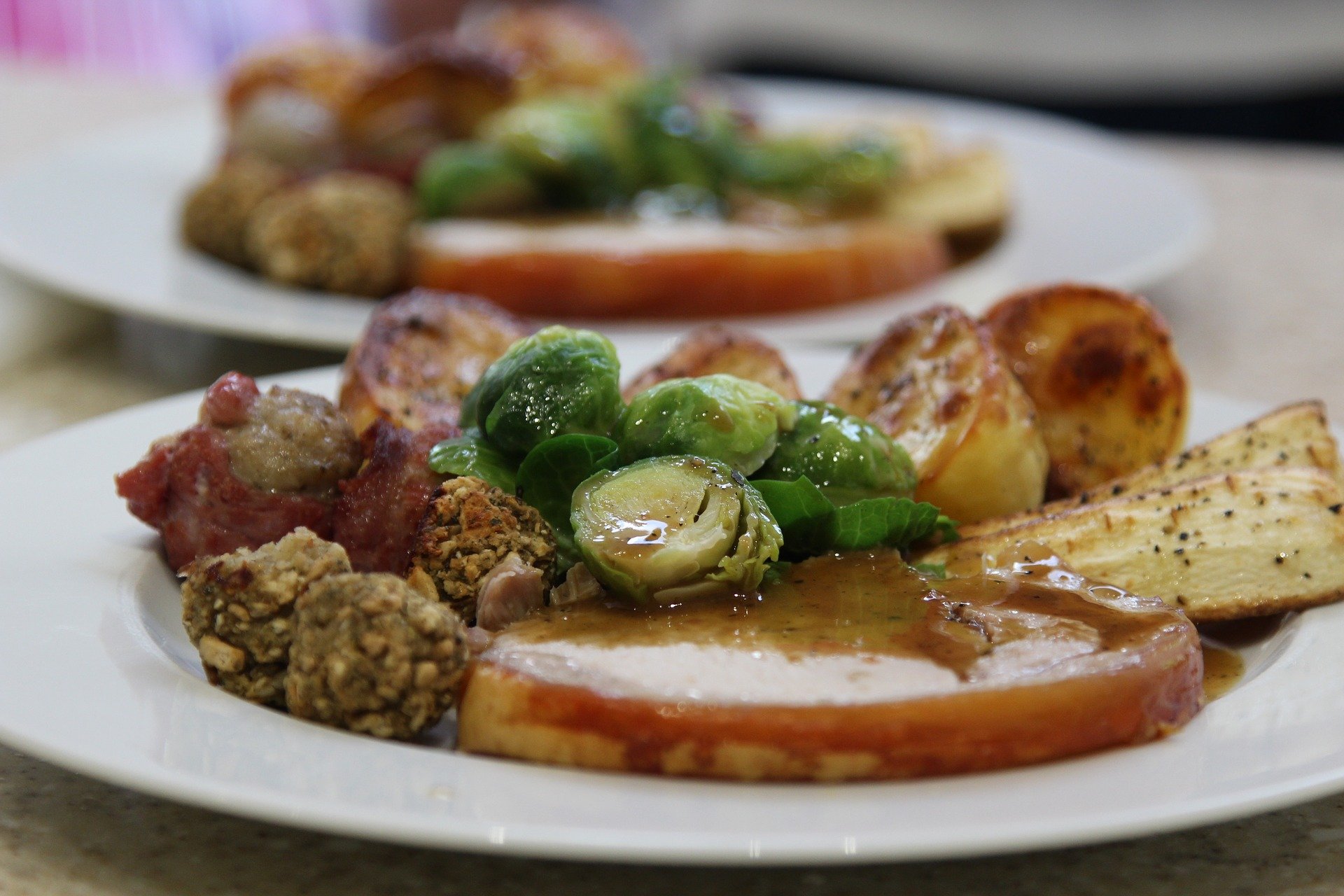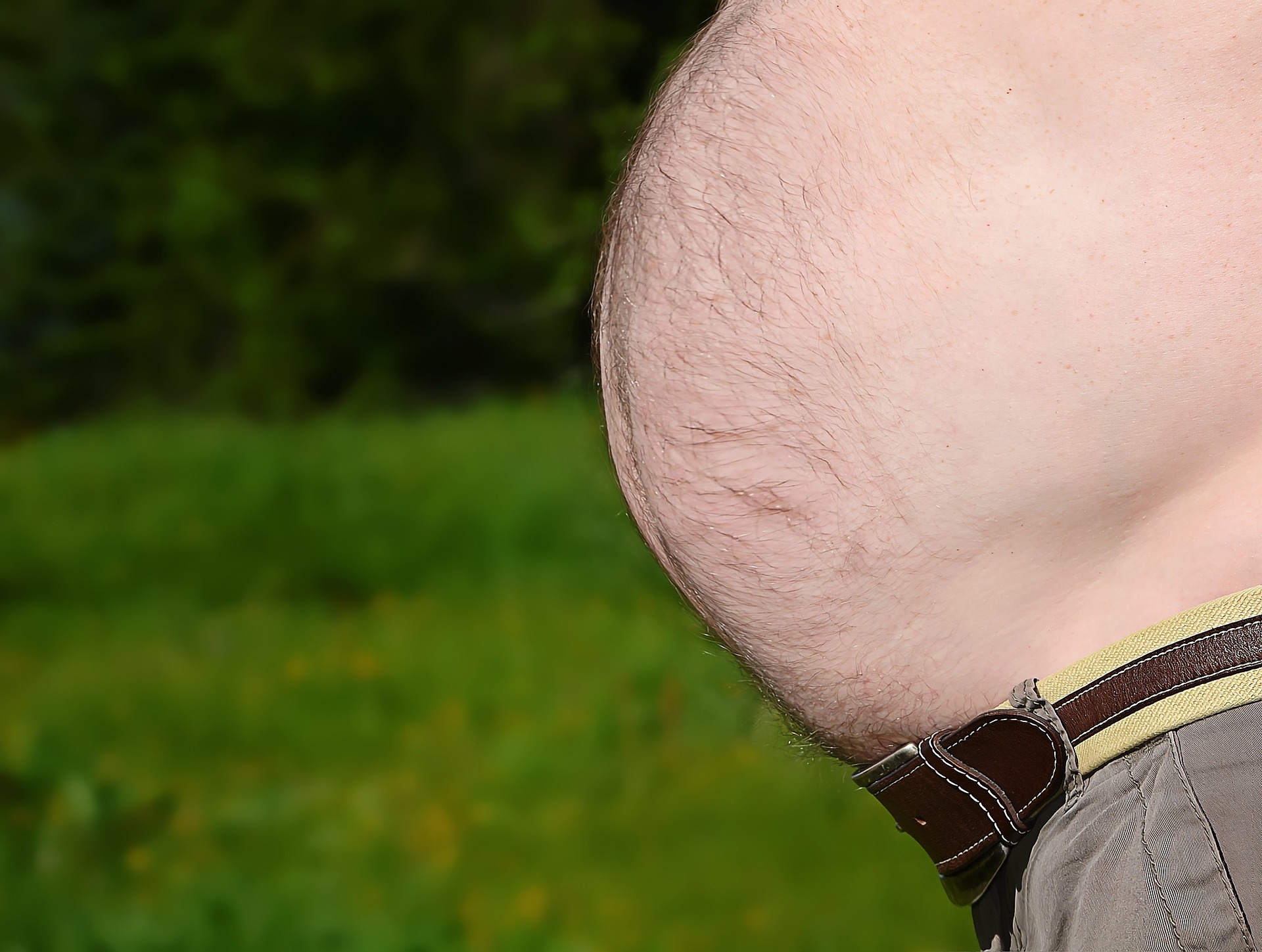It’s only two weeks until Christmas, but this year it’s going to be very different. This year I’ll be 4 months post-surgery from my gastric bypass.
Every other Christmas in the past has involved me eating my own body weight in turkey, potatoes, christmas pudding, and chocolate! There would be a lots of rich and calorific food consumed, both at home and in restaurants and pubs at meals out and parties.
Christmas, like a lot of other celebrations, is inextricably linked to food, and often lots of it! Plates are usually piled high, and meals are often rich and decadent. And usually there’s a fair amount of drink flowing as well.
Christmas food
This year my Christmas dinner will be served on a side plate. There’s no point piling food up on a dinner plate, because there’s no way I’ll be able to eat that much, and it’ll be a waste of food. The portion sizes after my gastric bypass are considerably smaller than I’m used to, and I’m physically unable to eat large portions. Indeed, if I did attempt to overeat it would make me really uncomfortable or sick.
I’m also going to have to resist the urge to graze on food and treats during the day, because if I eat between meals then I’ll not be able to eat anything at the dinner. I’m also not going to be able to eat lots of fatty or sugary foods, as I know they’ll make me ill.
And so food this Christmas is going to be a different proposition for me.
Don’t get me wrong – I’m still going to enjoy my turkey dinner – but I need to get my head around the fact that I won’t be eating to excess. And I won’t have my face stuck in a tub of Quality Street for a week!
I guess I just need to get used to a Christmas that isn’t dominated by food.
Christmas drink
As for drink I’m undecided whether I’ll have any over Christmas.
The advice from bariatric surgeons seems to be that patients avoid all alcohol for the first 6 months after surgery. And for the last 4 months I’ve not touched a drop, and I haven’t really missed it.
I suppose the only reason why I’m considering it is to be social, and because (like food) drink is so heavily associated with Christmas celebrations. I don’t want to get drunk – I’m too old to be dealing with hangovers – but maybe one or two glasses might be ok?
But then again, I’m not meant to drink any fluids while I’m eating, so the glass of wine with dinner isn’t going to be a thing.
Argh! It’s no wonder I’m undecided.
COVID Christmas
In these COVID-19 pandemic times, Christmas this year is going to be very different for most people. We’re not meeting up with family and friends, we’re not having office Christmas parties, and (thankfully) there are no occasions when someone is trying to shove a plate of mince pies in my face.
Some people are also not going to have a happy Christmas at all, as they deal with grief from the loss of a loved one, or the hardship that comes from losing work, or with physical or mental health issues.
So although my Christmas will be very different this year, I still feel very lucky. I’m still in work, my friends and family are all well, and I was able to have surgery that will help me live a healthier, longer, and more fulfilled life. And so I feel very blessed!






Leave a Comment